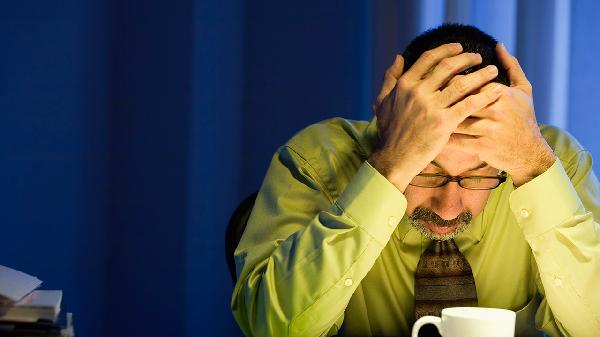There is a truth that my body has been holding for a long time. I've long been in a battle with self, time getting blurred from a distant past to the present future, each window informing the other. The weight often comes over me as my mind darts back and forth from truth to denial; I tense with desperation and rage as I replay one moment in time over and over again. For a long time I refused to say it, swallowing down the words that appeared in my throat. Even as I type, I feel a sense of unease in my body: my heart races, my cheeks flush with a shame and guilt that should have never been mine to carry. I take a deep breath and let out the words that I have been denying for 18 years: I was sexually assaulted.
The Night That Changed Everything
In 2005, fresh out of undergrad in North Carolina, I moved to New York with "Sex and the City" expectations. I wanted to build a professional dance career, and maybe dabble in the fashion industry as a stylist. After a few months living alone and experiencing the city through one date after another, I met CR, who I would end up moving to Brooklyn with after a few short months of dating. This was a big shift for me; I spent all of my college years in a monogamous relationship to pleasure — or, as some would say, in my "hoe phase" — and I had a blast. CR was a bit of an "industry insider" and had access to hot nightclubs, elite fashion shows, musicians and entertainment executives — people I was not accustomed to, having grown up in North Carolina. I was intrigued with the world, and at 22, I was enjoying the ride as I figured out life in this big city with shiny lights.
The Dance Floor and the Illusion of Safety
One night, we were hopping from the bar to the club and ended up at Home Nightclub on West 27th Street. The DJ was playing a mix of old school R&B with some classic pop. The energy was high, and I could not stop dancing. I noticed someone on the dance floor with an infectious energy, and I gravitated towards him so I could introduce myself. To my surprise, he was from a small town in South Carolina with a love of all things MJ, and he was a celebrity stylist. Naturally we hit it off right away, so much so that my boyfriend left me at the nightclub while I was dancing and chatting it up with my new friend. We exchanged numbers and promised to hang out again soon.
The Aftermath and the Silence
What happened next is something I’ve spent years trying to articulate, even to myself. The assault wasn’t violent in the way people imagine—no dramatic struggle, no screaming. It was quiet, calculated, and it happened in a space where I thought I was safe. The details are still sharp in my mind: the way the room spun from one too many drinks, the way his hands moved where they shouldn’t have, the way my body froze because my brain couldn’t process what was happening fast enough. And then, the aftermath—the way I convinced myself it wasn’t a big deal, the way I buried it under layers of denial because acknowledging it meant admitting I wasn’t as in control as I thought I was.
The Weight of Unspoken Truth
For years, I carried this secret like a second skin. I told myself that because I didn’t fight back, because I didn’t scream, because I had been drinking, it wasn’t "real" assault. I let shame dictate my silence. I dated other people, built a career, laughed with friends—all while this thing festered inside me, popping up at the most inconvenient times. A certain song would play, or I’d catch a whiff of a cologne that smelled like his, and suddenly I’d be right back in that moment, heart pounding, palms sweating, like my body was screaming what my mouth refused to say.
Breaking the Silence
It took therapy, a supportive partner, and a lot of late-night conversations with myself to finally say the words out loud: "I was assaulted." And even then, it didn’t feel real. There’s this weird cultural myth that survivors are supposed to feel immediate relief after speaking their truth, like some kind of emotional exorcism. But the truth is, it’s messy. Some days I’m furious—at him, at myself, at a world that makes it so damn hard to talk about this stuff. Other days, I’m just sad for the version of me who thought she had to carry this alone.
Where I Am Now
Eighteen years later, I’m still untangling it. Some days are easier than others. Therapy helps. Writing helps. Talking to other survivors helps. But what’s helped the most is realizing that my story isn’t just about what happened to me—it’s about how I’ve learned to reclaim my body, my voice, and my right to take up space. I don’t owe anyone a "perfect victim" narrative. My healing isn’t linear, and that’s okay. If you’re reading this and holding onto something similar, know this: your story matters, even if it’s messy. Even if it’s not wrapped in a bow. Even if it’s taken you years to say the words. You’re not alone.
This isn’t a tidy ending because healing doesn’t work like that. But it’s a start. And sometimes, that’s enough.
























